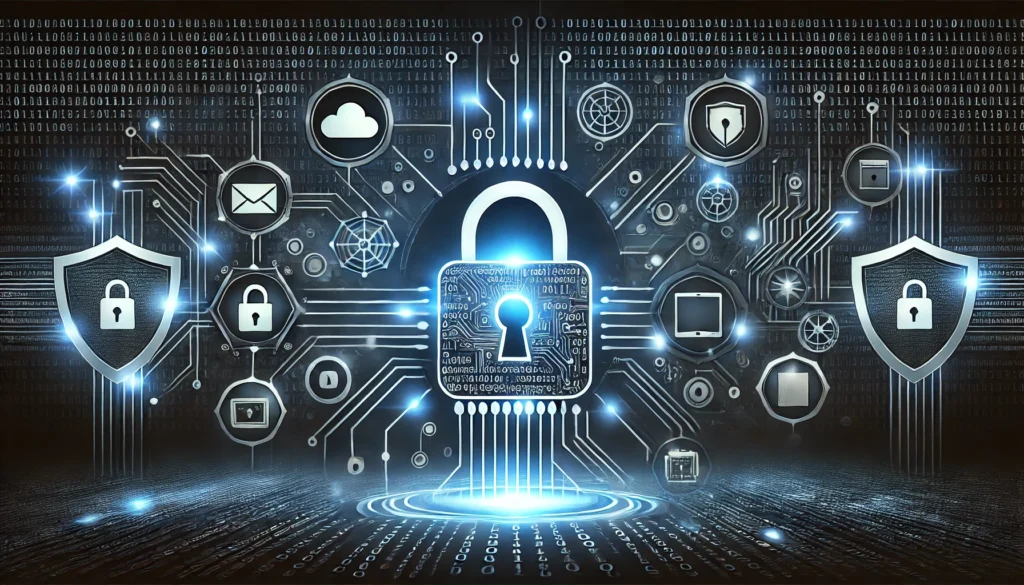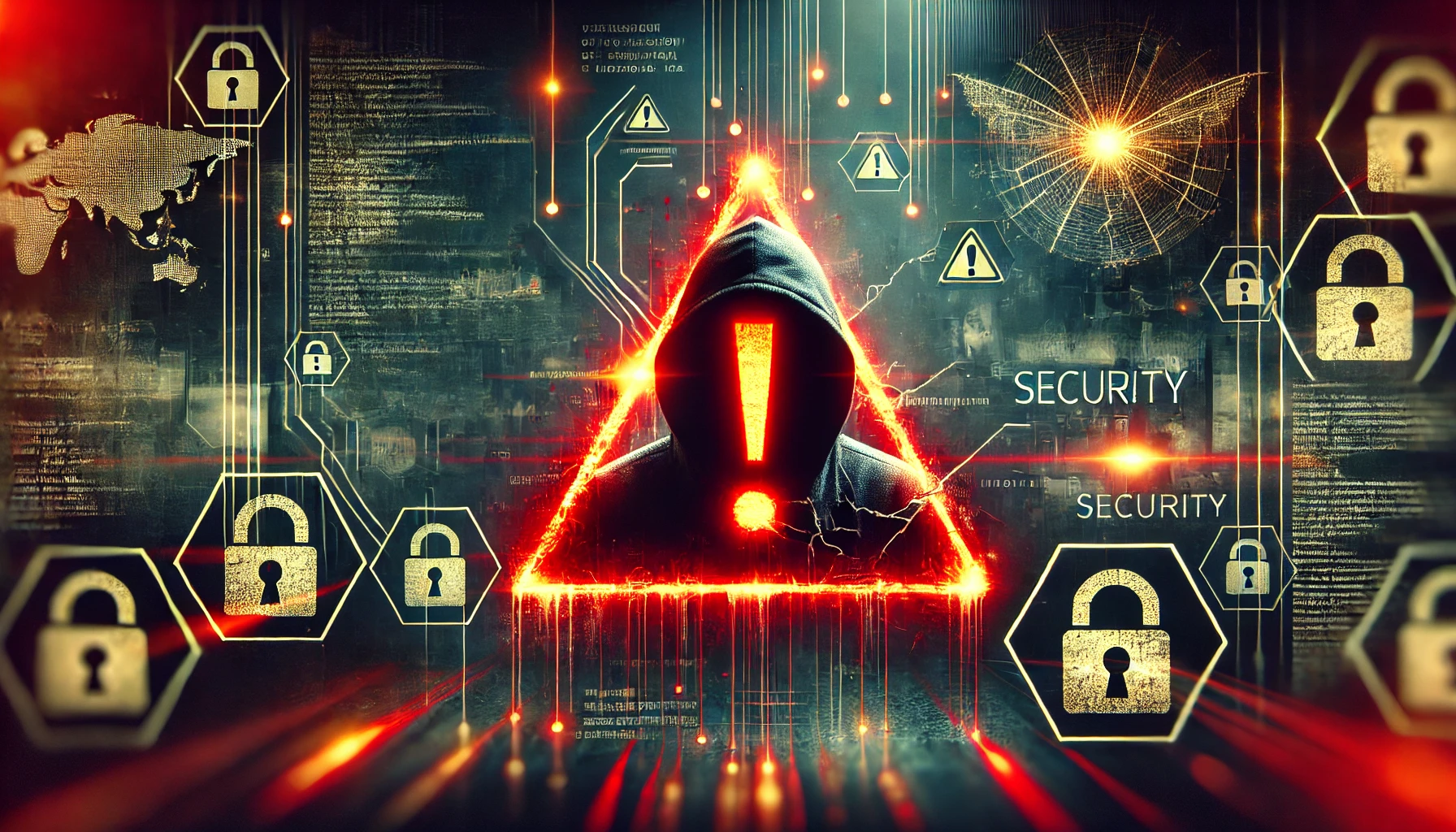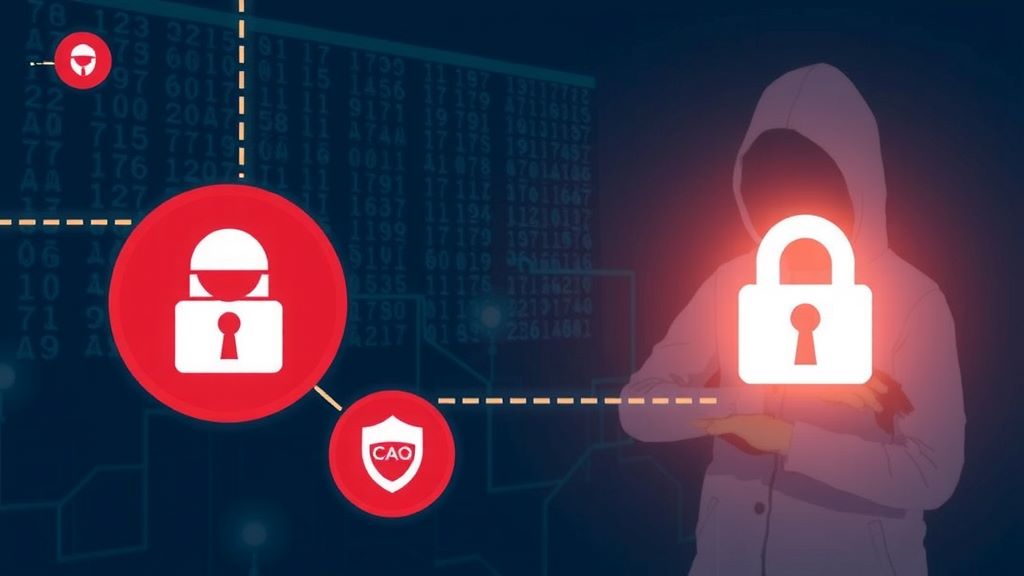In today’s interconnected digital world, cybersecurity has become essential for protecting personal and organizational information. As cyber threats evolve, safeguarding sensitive data and ensuring secure access to digital services is crucial. This guide offers a comprehensive overview of cybersecurity strategies, trends, and tools to protect yourself and your organization from cyber threats.
Disclaimer: This article is for educational purposes only. Cybersecurity requires responsible behavior and adherence to local regulations. Always prioritize safe and ethical online practices.

What is Cybersecurity and Why Does It Matter?
Cybersecurity refers to the practices, technologies, and processes designed to protect systems, networks, and data from cyberattacks. Its goal is to maintain the confidentiality, integrity, and availability of information.
The Importance of Cybersecurity
- Over 2,200 cyberattacks occur daily, resulting in billions of dollars in damages worldwide.
- Cybercrime is projected to cost the global economy $10.5 trillion annually by 2025.
Without robust cybersecurity measures, individuals and businesses risk data breaches, financial loss, and reputational damage.
Key Principles of Cybersecurity
- Confidentiality:
Ensure that information is only accessible to authorized individuals.- Example: Using strong passwords and data encryption.
- Integrity:
Protect data from being altered or corrupted.- Example: Regular audits and access control systems.
- Availability:
Ensure systems and data are accessible when needed.- Example: Backup systems and disaster recovery plans.
Common Cyber Threats to Watch Out For
- Malware and Ransomware:
Malicious software that steals or encrypts data, demanding a ransom for its release. - Phishing Attacks:
Fake emails or websites trick users into providing sensitive information, such as login credentials. - DDoS Attacks:
Distributed Denial of Service (DDoS) overwhelms servers, rendering websites or applications inaccessible. - IoT Device Vulnerabilities:
Unsecured smart devices can become entry points for hackers. - Insider Threats:
Employees or contractors with access to sensitive data may intentionally or accidentally compromise security.
How to Protect Yourself from Cyber Threats
1. Use Advanced Security Software
- Install antivirus programs like Norton, McAfee, or Bitdefender.
- Use tools like Kaspersky for businesses to monitor and mitigate threats in real-time.
2. Enable Multi-Factor Authentication (MFA)
- Add extra layers of security to sensitive accounts with secondary verification methods, like SMS codes or biometric scans.
3. Back Up Your Data Regularly
- Use cloud services like Google Drive or Dropbox to store backups securely.
4. Educate Yourself and Your Team
- Attend cybersecurity awareness workshops or take online courses to identify and avoid phishing schemes.
5. Update Software Frequently
- Regularly install security patches for your operating system, apps, and devices.
Emerging Trends in Cybersecurity
1. Artificial Intelligence in Cybersecurity
AI-powered tools can detect and respond to cyber threats in real time by identifying unusual activities or patterns.
2. Cloud Security Solutions
As businesses increasingly rely on cloud platforms, securing cloud environments has become a priority. Tools like AWS Security and Microsoft Azure Defender are vital.
3. IoT Security Measures
With the proliferation of smart devices, securing the Internet of Things (IoT) is essential. Use strong passwords, keep firmware updated, and segment IoT devices from critical systems.
4. Zero Trust Architecture
This security model assumes no entity is inherently trustworthy, requiring continuous verification for access to sensitive resources.
Cybersecurity for Businesses
1. Implementing Role-Based Access Control (RBAC):
Grant access to sensitive data only to employees who need it for their roles.
2. Regular Risk Assessments:
Identify vulnerabilities in your IT infrastructure and take proactive steps to address them.
3. Incident Response Plans:
Develop protocols to respond quickly to cyber incidents, minimizing potential damage.
4. Continuous Monitoring:
Use tools like Splunk or Palo Alto Networks to track and log activities, identifying unusual behavior in real-time.
Maximizing Personal Cybersecurity
Recommended Tools
- Antivirus Software:
Norton, McAfee, or Avast. - Password Managers:
LastPass, Dashlane, or 1Password to create and store complex passwords securely. - VPNs (Virtual Private Networks):
NordVPN or ExpressVPN for secure browsing, especially on public Wi-Fi.
Safe Online Practices
- Avoid sharing personal information on social media.
- Use unique passwords for each account and enable MFA wherever possible.
- Verify the legitimacy of emails or links before clicking on them.
The Cost of Neglecting Cybersecurity
Financial Loss:
- A single data breach costs an average of $4.24 million, according to IBM’s 2022 Cost of a Data Breach Report.
Reputational Damage:
- Customers may lose trust in businesses that fail to protect their data.
Legal Consequences:
- Failing to comply with data protection laws, such as GDPR, can result in significant fines.
Alternatives to Paid Cybersecurity Solutions
For those looking for free or budget-friendly options, consider:
- Free Antivirus Programs:
Avast or AVG offer basic protection at no cost. - Built-in Tools:
Use operating system features like Windows Defender for basic cybersecurity. - Browser Extensions:
Privacy-focused add-ons like uBlock Origin can block trackers and malicious websites.
FAQs About Cybersecurity
1. What is the biggest threat to personal cybersecurity?
Phishing remains one of the most common and effective threats due to its ability to deceive even experienced users.
2. How can small businesses improve their cybersecurity?
Start with basic measures like antivirus software, firewalls, and employee training. Consider consulting cybersecurity professionals for advanced protection.
3. Is using a VPN necessary?
Yes, especially when using public Wi-Fi or accessing sensitive accounts remotely.
4. What is ransomware, and how can I prevent it?
Ransomware locks your data until a ransom is paid. Prevent it by using antivirus software, avoiding suspicious links, and backing up data regularly.
Conclusion: The Importance of Cybersecurity
In today’s digital-first world, investing in cybersecurity is essential to protect personal and business data from ever-evolving threats. Tools like antivirus software, password managers, and VPNs are critical, but staying informed and vigilant is equally important.
By adopting a proactive approach to online safety, you can reduce risks, protect sensitive information, and maintain trust in digital interactions.



